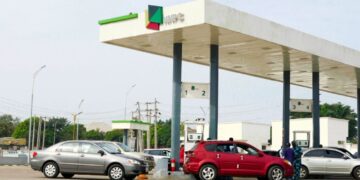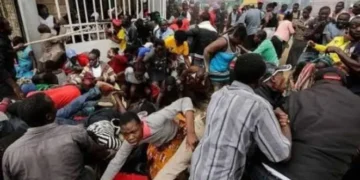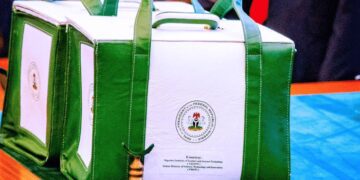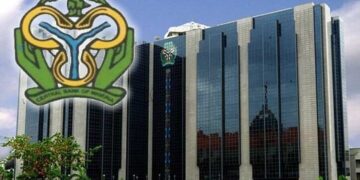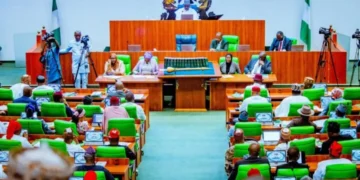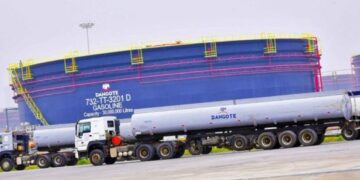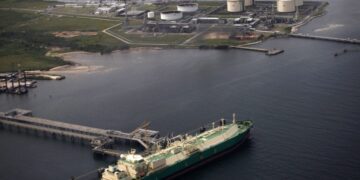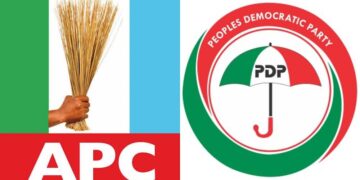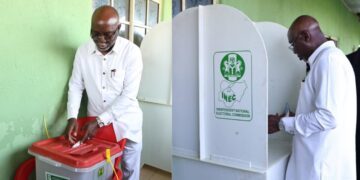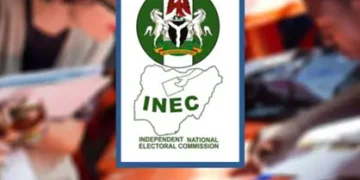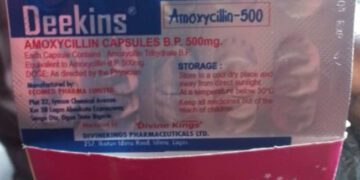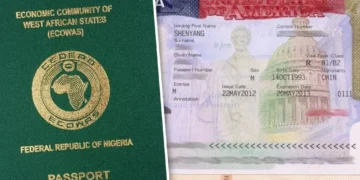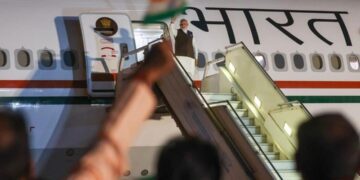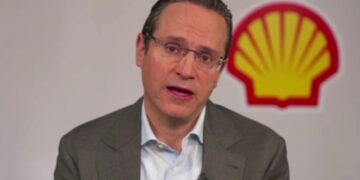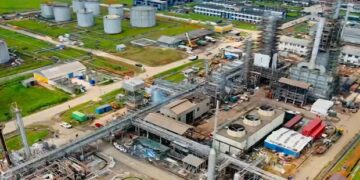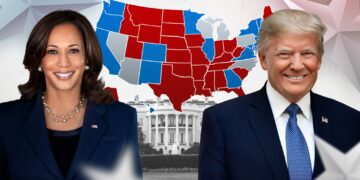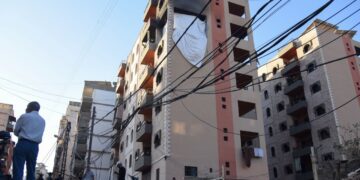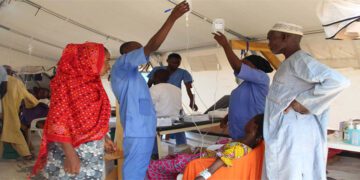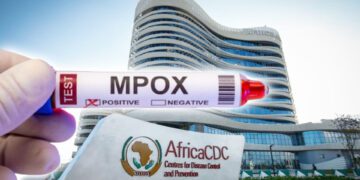According to news reports, many tankers are at various depots in Lagos waiting to load petrol, for delivery to states across the country as the scarcity of the product bites harder.
On Monday, 19 August while some of the trucks had started loading, the supply of the product by the Nigerian National Petroleum Company Limited (NNPCL) was not enough.
Oil marketers confirmed the commencement of loading, but expressed fear that the queues may not disappear till Friday, 23 August.
Long fuel queues, which have repeatedly rocked the capital city of Abuja, Nasarawa, Niger, and neighbouring states in recent times, resurfaced in Lagos on Sunday negating NNPCL’s promise to end the queues for petrol by Wednesday, 21 August as the black market for PMS boomed on Sunday.
The chief of corporate communications at NNPCL, Olufemi Soneye, had told one of our correspondents that the company was working hard to tackle the fuel supply challenges, stressing that the queues should clear by mid-week.
“It’s just an evacuation challenge out of Apapa (ports in Lagos) from the vessel. But we are working on it. It should be resolved. I’m very sure that fuel scarcity will be cleared out by Wednesday,” Soneye stated.
However, when contacted on Monday for updates on the fuel supply situation, the National President of Independent Petroleum Marketers Association of Nigeria, Abubakar Maigandi, said marketers would only supply what they got from NNPC.L
On his part, the National Publicity Secretary of the Independent Petroleum Marketers Association of Nigeria, Chief Ukadike Chinedu, said the challenges in the downstream oil sector were compounded by the recent nationwide hunger protests.
“Aside from the fact that there is not enough supply, the recent protests disrupted activities in the downstream oil sector. We are still struggling to sort that one out and there is also the challenge of low supply of petrol,” he stated.
NNPC is the sole importer of petrol into Nigeria. Other dealers stopped importing the commodity due to their inability to access the United States dollar required for PMS importation.
Responding to an enquiry on why the queues for petrol had failed to clear across the country, Maigandi said, “In our case, we depend on the supply of products from NNPC. So, if they supply products to us, we will move the products to our filling stations.
“They are saying that they have some challenges. So, we are still waiting. Some of our trucks are already at the loading stations of depots waiting to load petrol. Many of our trucks are there.
“But I know that there will be some changes soon because some trucks have started loading. However, it is not every depot that has products now. Some of the depots don’t have products and many of these depots are in Lagos.”
When asked when the queues would clear, the IPMAN president replied, “I cannot say anything about that for now because it depends on the way fuel is being released. So, it depends on the supply from NNPC.”
The fuel queues in Lagos, Abuja and other parts of the country continued to spread despite the assurances from NNPC that the queues would clear by Wednesday. This is as operators say the fuel scarcity may last till Friday before easing off gradually.
As work resumed on Monday, the queues in filling stations increased, giving black marketers more opportunities to make money by selling a litre of petrol at N1,400 per litre in some parts of Lagos.
In different locations across Lagos, there were queues in the few filling stations dispensing the product.
It was gathered that the inability of motorists to access PMS led to a hike in the cost of transportation. Commuters also spent quality time waiting for vehicles to convey them to their various destinations.
Also, some car owners said they had to park their cars for commercial transportation as they could bear spending hours in fuel queues.
Checks by one of our correspondents in Lagos confirmed that filling stations owned by the NNPC retail and major marketers recorded the longest queues on Monday because they sold premium motor spirits between N570 and N670 per litre.
These filling stations, it was learnt, got the product directly from the NNPC at a cheaper rate while the independent marketers depended on private depot owners, who reportedly now sell petrol around N800/litre to them.
Most filling stations owned by members of the Independent Petroleum Marketers Association of Nigeria, a litre of petrol sold for as high as N850 to N1,000, depending on the location.
Private depots were accused of hiking the price as the marketers also bought the product to sell at exorbitant rates to desperate Nigerians.
Sources at Apapa depot informed our correspondent that the loading of fuel was still “epileptic” as of Monday.
Though the sources disclosed that trucks were loaded on Monday, the quantity was not up to the expected target.
“Loading is still epileptic. Today (Monday), we loaded a bit but still not up to the expected target. The scarcity may remain with us till Friday,” one of the sources stated.
An official of a petroleum firm, who spoke on condition of anonymity, said activities at the depots were still low, adding that it could not solve the current fuel crisis as speculated by the NNPC.
“Let’s see what happens tomorrow (today), but with today’s (Monday) programming, it may still take up to Friday for the queues to ease, except there is a magic,” the official said.
On Sunday, NNPCL spokesman, Soneye, stated that the scarcity was a result of distribution challenges, stressing that the NNPC was working round the clock with relevant stakeholders to restore normalcy.
NNPCL executive vice president, downstream, Dapo Segun, appealed for understanding from Nigerians, saying that the company is working with relevant stakeholders to address the distribution, evacuation and logistics challenges.
However, operators at the depots offer doubts, saying only a supernatural occurence can ease the situation if the current fuel shortage persists despite NNPCL’s assurance that the fuel queues in many states will be cleared by mid week as the cost of the product rose over N1,000/litre in some locations nationwide.
















